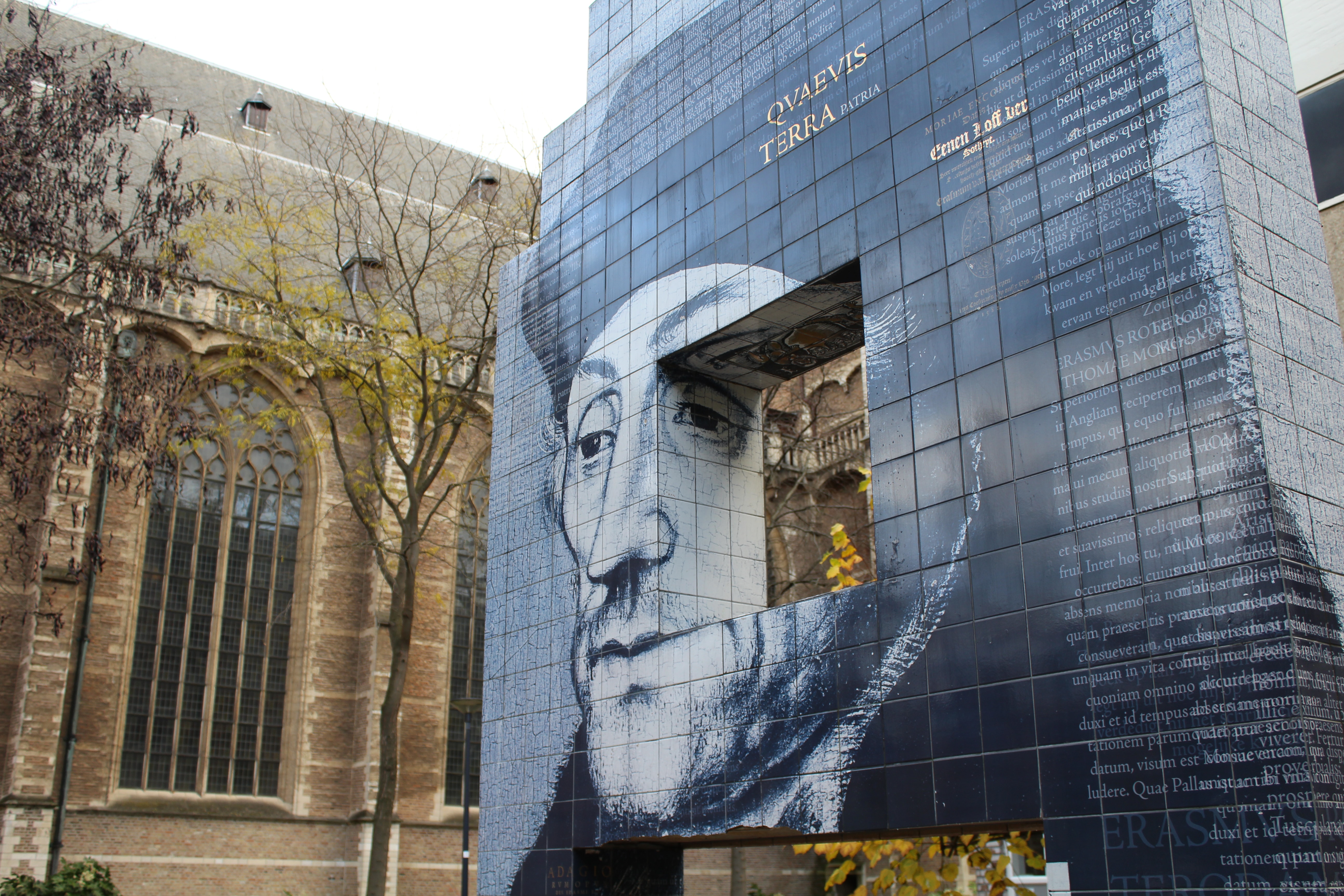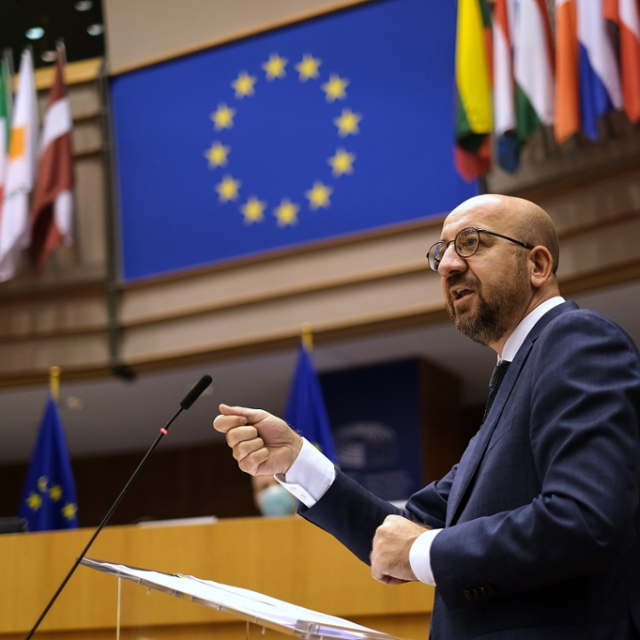Photo by Irina Iriser on Unsplash
So, finally, the UK Government has stopped dithering and agreed to rejoin the EU Horizon programme. Hailed by researchers as vital to help make the UK a science superpower, it has taken nearly three years for Sunak to negotiate a deal so that he could claim some sort of victory at the expense of the EU. Meanwhile UK scientists and universities have suffered.
Professor Lord Krebs, a scientific adviser to the government from Oxford University, confirmed that delays to-date “have caused serious and lasting damage to UK R&D.” Given that the UK has historically received more in grants than it paid in contributions many regard the whole renegotiation exercise as pointlessly counter-productive. But at least that folly is now behind us.
Looking back it is interesting to remind ourselves of the comment of Lord Frost, architect of the so-called Trade and Co-operation agreement, when the UK was initially barred from re-entry. He correctly claimed that “there is an obligation in article 710 of the trade and cooperation agreement to finalise our participation. It uses the word shall.” He made no admission that the EU had only banned the UK in response to the UK itself failing to abide by the terms of the agreement it had freely signed in the first place. And this is the man who wishes to stand as a Conservative MP, so that he can continue to share his valuable insights with the nation….
Meanwhile alongside Horizon the UK will now also be rejoining Copernicus, the Earth Observation component of the European Union’s space programme, which is positive. But we will still not be allowed re-entry into the all-important EU Galileo satellite navigation programme.
The irony is that UK technical know-how has been central to the success of this scheme over the past 15 years. Surrey Satellite Technology Limited (SSTL) not just assembled all 34 operational payloads but actually built the satellite which launched the programme into space. However, understandably the EU has determined that in order to keep control of the project no outsiders, however competent or trustworthy, could be allowed in. The programme had to be exclusive to EU Member States. The UK will not just be able to supply it: it will not even be able to access it. There is nothing Little Britain can do except to pretend it can create a system of its own. Needless to say this was never on the fantasy list of Farage’s phoney Brexit benefits.
The UK is still excluded from Euratom, the EU nuclear research programme. In this case it was a deliberate UK decision, having concluded that its lengthy absence in recent years could not be sensibly reversed. Instead the UK will again develop its own independent programme, spending around £650m over the next five years.

Photo by Desiré Kranenburg on Unsplash
That still leaves one major EU programme of which the UK historically played an important part: Erasmus. Established in 1987 as a cultural and life-broadening exchange scheme for higher education students, the EU offered the UK the chance to remain part of the programme but successive Conservative Prime Ministers baulked at the prospect. EU Commissioner Michel Barnier said that the UK had decided not to participate because the two sides were “unable to agree on the cost of Britain’s continued membership.”
The cost can be defined, but how do you value the benefit for those 200,000 young Britons who have had the opportunity to study and work in the EU? The main benefit was often life-changing: experiencing other cultures and viewpoints, communicating in other languages and deepening their sense of European identity. Perhaps this is the real problem: no typical anti-EU Conservative could support the prospect of young people seeing first-hand the benefits of EU membership, and then returning home to contaminate the minds of colleagues back home. The reason for failing to remain a member is not just cost but ideology. It is time for this narrow-minded foolishness to stop.
The UK Government’s replacement flagship Turing programme will not apply to EU students coming to the UK: nor will it pick up the tuition fees for UK students who enrol with it. Meanwhile UK Universities are being deprived of the extra funding and the extra students which Erasmus has historically secured.
Professor Simon Goldhill of the British Academy is clear that rejoining Erasmus is the only sensible option “by providing a recognised framework for the circulation of ideas and talent with other countries in Europe and elsewhere in the world.”
The original vision of Dutch philosopher Erasmus some 500 years ago was to be “a citizen of the world”. A noble ideal, which the next Government should embrace. Labour leader Keir Starmer typically and timidly will not commit. Fortunately the Liberal Democrats are fulsome in their support: the next UK Government needs to include their ambition.





One does despair of the small-mindedness and short-sightedness of this government. I know so many young people who have benefitted from Erasmus and they are better citizens and more useful to their employers and society as a whole for having had that experience. It is always so noticeable how easily people from other countries can sell their goods and services in the UK in English, but remarkably few of their British equivalents can do the same in other countries in the local languages.